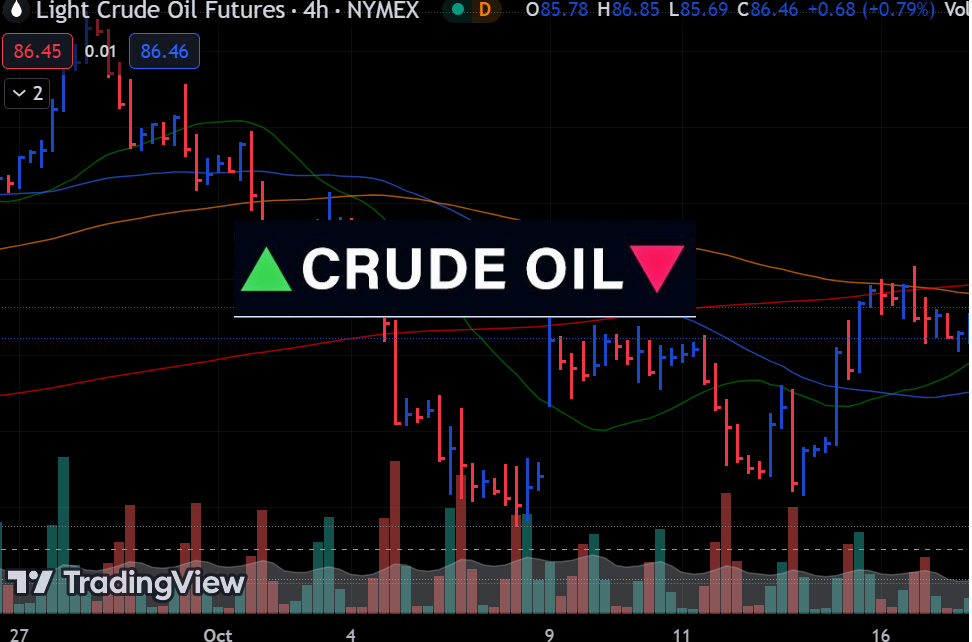- There were attacks on ships in the Red Sea by Yemen’s Iran-aligned Houthi forces.
- The US EIA reported increased US crude stocks, gasoline, and distillate inventories.
- German producer prices decreased more than expected in November.
On Wednesday, oil prices settled slightly higher amid concerns over global trade disruption. There were attacks on ships in the Red Sea by Yemen’s Iran-aligned Houthi forces. Meanwhile, a surprise US crude inventory build, larger-than-expected fuel stock gains, and record domestic oil production limited price gains.
The US Energy Information Administration reported increases in US crude stocks, gasoline, and distillate inventories for the week ending December 15. Crude inventories surged by 2.9 million barrels to reach 443.7 million, while analysts expected a 2.3 million-barrel decrease. Additionally, US crude output reached a new high of 13.3 million barrels per day, surpassing the previous record of 13.2 million bpd.
Analyst Giovanni Staunovo from UBS commented that market participants were disappointed with the increase in the major categories of crude, gasoline, and distillate inventories. Oil briefly turned negative after the EIA report and after talks of a new ceasefire.
Brent crude (Source: Intercontinental Exchange)
Earlier in the session, oil rose by over $1 as major maritime carriers avoided the Red Sea route, increasing transport and insurance costs for longer routes.
Greece advised commercial vessels to steer clear of Yemeni waters in the Red Sea and the Gulf of Aden. About 20% of the world’s commercial vessels belong to Greek ship owners. Additionally, Washington launched a task force to safeguard trade in the region. However, details about its involvement in armed attacks are unclear.
The Houthis pledged to defy the US-led naval mission and continue targeting Red Sea shipping in support of Gaza’s ruling Hamas movement. While 12% of world shipping traffic passes through the Red Sea and the Suez Canal, no shortages have emerged.
In Europe, German producer prices fell more than expected in November, following a sharp slowdown in euro zone inflation to 2.4%. A European Central Bank policymaker said it was “rather unlikely” for interest rates to be cut in the first six months of next year. In Britain, inflation hit its lowest rate in over two years in November, strengthening the case for rate cuts.
Elsewhere, the US Energy Department announced the government bought 2.1 million barrels of crude for delivery in February as part of ongoing efforts to replenish reserves.





